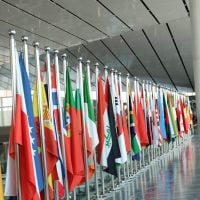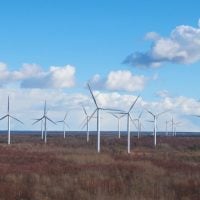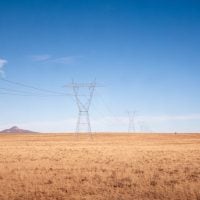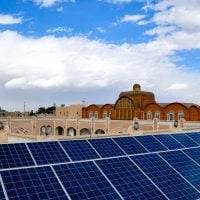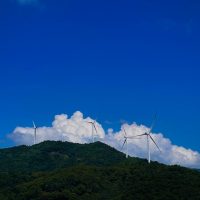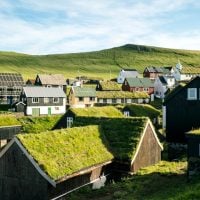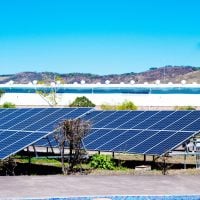Deadline: 31-Aug-2025
UNHCR is inviting qualified organizations to apply for its multi-year Protection and Solutions Programme in Brazil, which will run from 2026 to 2029. Brazil currently hosts over 824,000 forcibly displaced and stateless individuals from more than 150 nationalities, with Venezuelans, Haitians, Cubans, Afghans, and Syrians making up the largest groups. Many Indigenous peoples, including the Warao, Pemón, Kariña, Eñepá, and Wayúu, have also fled to Brazil seeking protection. Brazil’s progressive legal framework, simplified refugee status determination procedures, and open-border policies provide access to employment, education, healthcare, and social assistance, positioning the country as a regional leader in refugee protection and integration.
The Multi-Year Multi-Partner Strategy (MYMPS) builds on this foundation, prioritizing local integration as the main durable solution. It will support the forthcoming National Policy for Migrants, Refugees, and Stateless Persons, expected in late 2025, which aims to enhance rights and streamline access to services. Government-led initiatives such as “Operation Welcome” and the internal relocation programme have relocated over 144,000 Venezuelans to more than 1,000 municipalities, with 96% expressing a desire to remain in Brazil. Tailored resettlement programmes for Afghans have also demonstrated successful integration approaches.
Despite these gains, challenges remain, including language barriers, limited knowledge of local institutions, high poverty rates, and precarious housing conditions. Refugee women and girls face additional vulnerabilities such as unemployment, reduced education access, and greater risks of violence. UNHCR will continue to support policy development, coordinate with partners, and mobilize a wide range of actors, including UN agencies, the private sector, universities, and refugee-led organizations. By 2024, over 210,000 Venezuelans and Haitians had secured formal employment, and more than 50 universities and 120 refugee-led organizations were active in refugee support.
The 2026–2029 strategy focuses on expanding solutions-oriented programmes, implementing public policies, supporting protection systems, aiding the Venezuela response, and empowering refugee communities. It integrates age, gender, and diversity considerations as well as climate and sustainability principles into all programmes. Key sectoral areas include camp management, durable solutions, livelihoods, protection, legal assistance, social policy, and advocacy.
Expected results include improved access to territory, registration, and documentation; enhanced safety and access to justice; timely assistance for urgent needs; greater self-reliance and economic inclusion; expanded opportunities for education and employment; stronger local integration through housing, language training, healthcare, and naturalization; and increased community engagement and climate resilience.
Applicants will be assessed on sector expertise, project management capacity, and local presence. Organizations must demonstrate technical skills, knowledge of humanitarian principles, inclusion of displaced persons in programme design, strong financial and risk management, and environmental sustainability measures. Local experience, trust within communities, and active engagement in coordination forums will also be considered essential for selection.
For more information, visit UNHCR.





